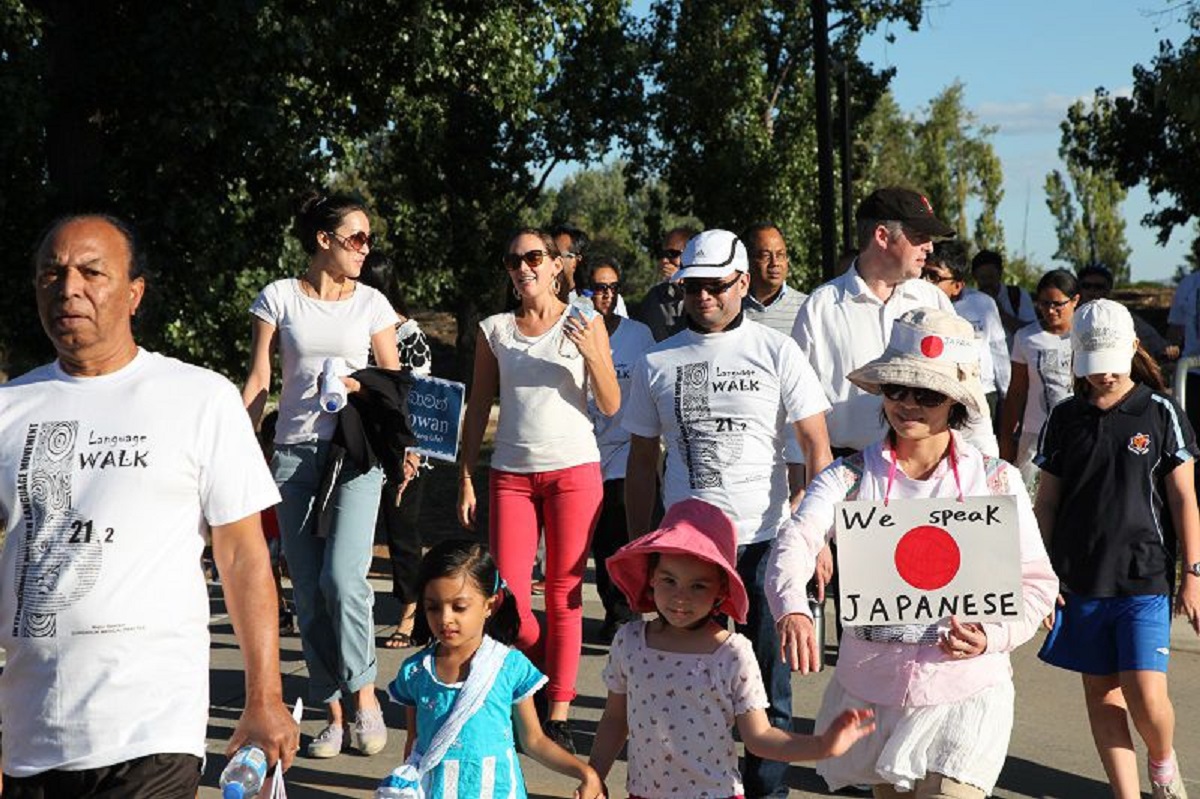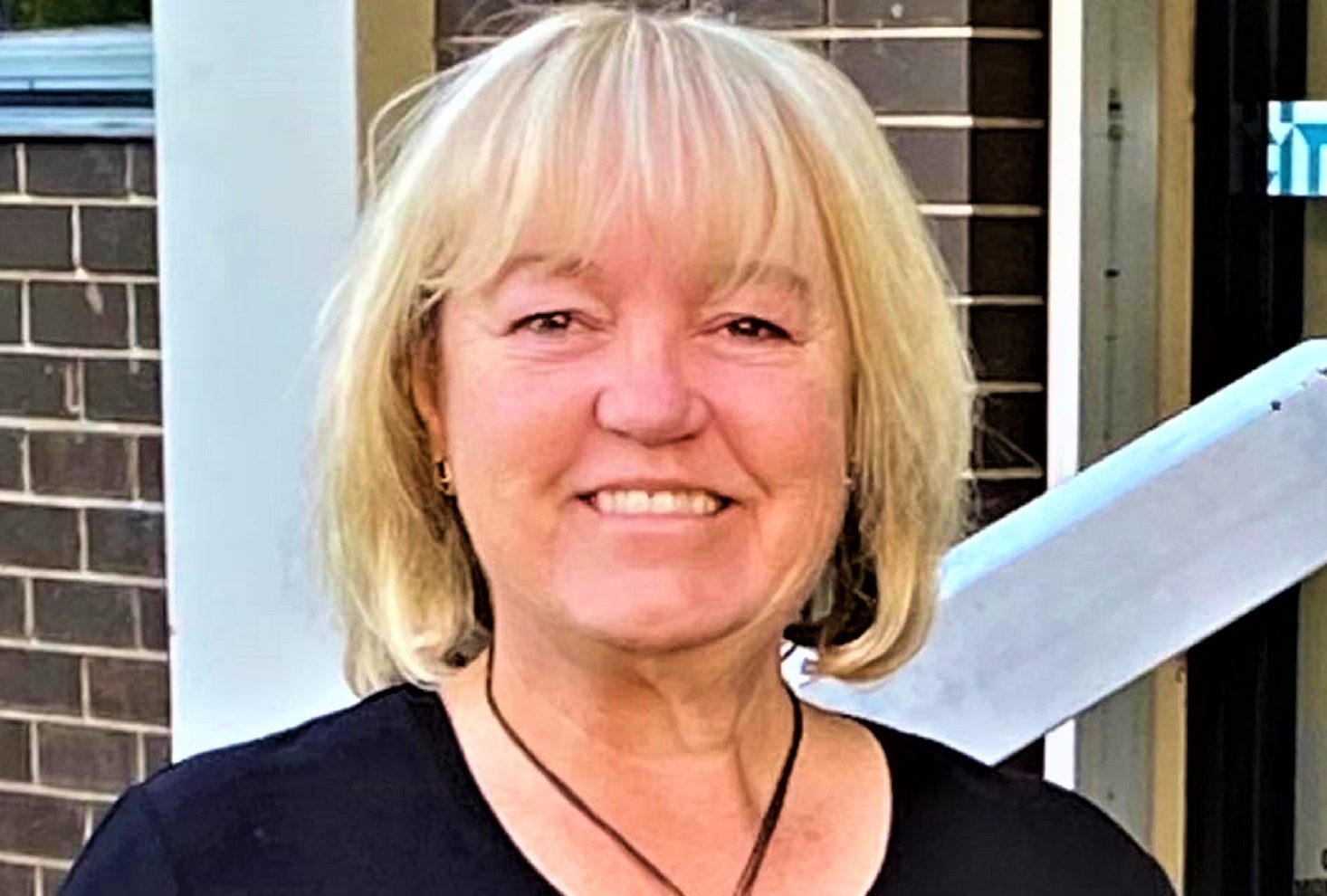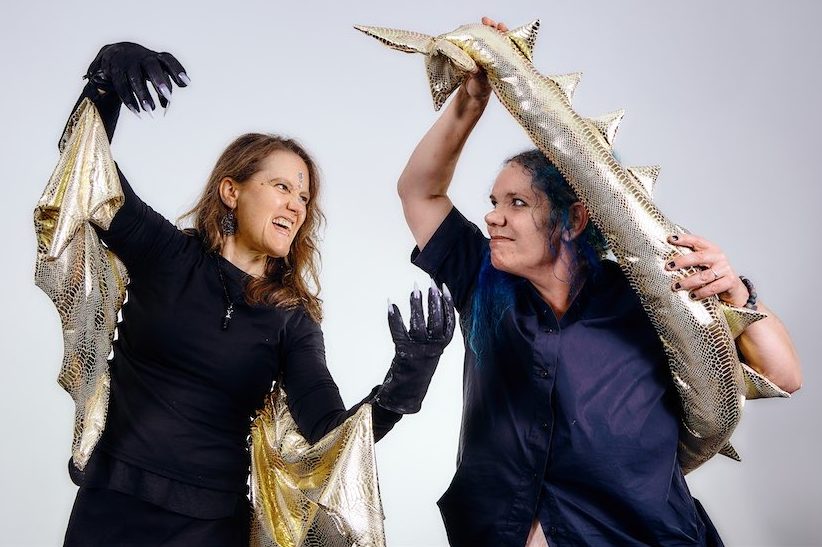
MEMBERS of Canberra’s International Mother Language Movement will make the 10th annual walk around Lake Burley Griffin on February 26.
Although for convenience, this year’s walk will take place on the Sunday, it is February 21 that was proclaimed as International Mother Language Day by UNESCO in recognition of the date when Bengali-speaking students, demonstrating for their language, were gunned down in Dhaka. From such tragic beginnings, the day has grown to become a worldwide movement supporting mother languages and cultural understanding.
In New York recently the UN launched the International Decade of Indigenous Languages.
Starting at the international flags’ display near Questacon, language lovers bearing banners and dressed in traditional costumes will cross Kings Bridge and end at the police memorial near the carillon, where there will be performances and a picnic.
Worldwide estimates are that between 95 per cent of today’s spoken languages may be extinct or seriously endangered by 2100 and nowhere is this question so acute as in Australia.

A long-time friend of the walks is Ngunnawal elder Caroline Hughes, who has over the years provided the event’s Welcome to Country. Now she has a more personal tale to tell, for she is learning her mother language and brought the house down at the National Museum in December when she told those at the 2023 Australian of the Year exhibition launch how she had started dreaming in Ngunnawal.
I caught up with Hughes to find out how she was fitting it all in with a busy career. Now working at AIATSIS, she was formerly director of CIT’s Yurauna Centre and is now in demand as a speaker and Ngunnawal celebrant around Canberra.
“I grew up with a kind of creole language, but with English as the dominant language in society,” she says.
“But it’s not just about communicating meaning, it’s also about experience and knowledge, about geography, family, philosophy, cultural spirit, even anatomy and health care.”
For instance, unlike English, where there is simply a common word for snow, in her language there are many words – “hard snow”, “cool snow”, “and snow at the end of winter”. It’s the same with trees.
Several years ago she attended the World Indigenous Peoples’ Conference on Education and heard about revitalising mother tongues even in cultures where there was little to hang on to.
“If they can do this, why can’t we?” she thought.
Hughes contacted traditional custodians to ask for support from elders, also finding sympathetic ears in linguists Doug Marmion and Louise Baird.
Noting that unlike English, Ngunnawal doesn’t have “s” “k” or “c”, they set about creating a basic grammar and vocabulary.
One big advantage is that the languages of nearby Yuin, Ngarigo, Gundungurra and Dharawal people are interconnected linguistically.
She’s happy with her progress but says “realistically, it’s going to take at least 50 years for fluency… but as you start learning it’s a good sign if you start dreaming it and hearing it… children pick it up quickly”.
She looks back on an era of destruction of language, but praises the work of linguists, interested farmers and even missionaries who wrote things down.
“We’ve got from about 200 Ngunnawal words to 2500 and now some people are going off to train in linguistics to extend their language knowledge,” she says.
In the meantime, there’s the Winanggaay (“look listen learn”) Ngunnawal Language Aboriginal Corporation, where though the focus is on Ngunnawal people, all are welcome to have a go.
Mother Language Walk, at the international flag display, 10.30am, February 26. Free event, all languages welcome.
Who can be trusted?
In a world of spin and confusion, there’s never been a more important time to support independent journalism in Canberra.
If you trust our work online and want to enforce the power of independent voices, I invite you to make a small contribution.
Every dollar of support is invested back into our journalism to help keep citynews.com.au strong and free.
Thank you,
Ian Meikle, editor




Leave a Reply